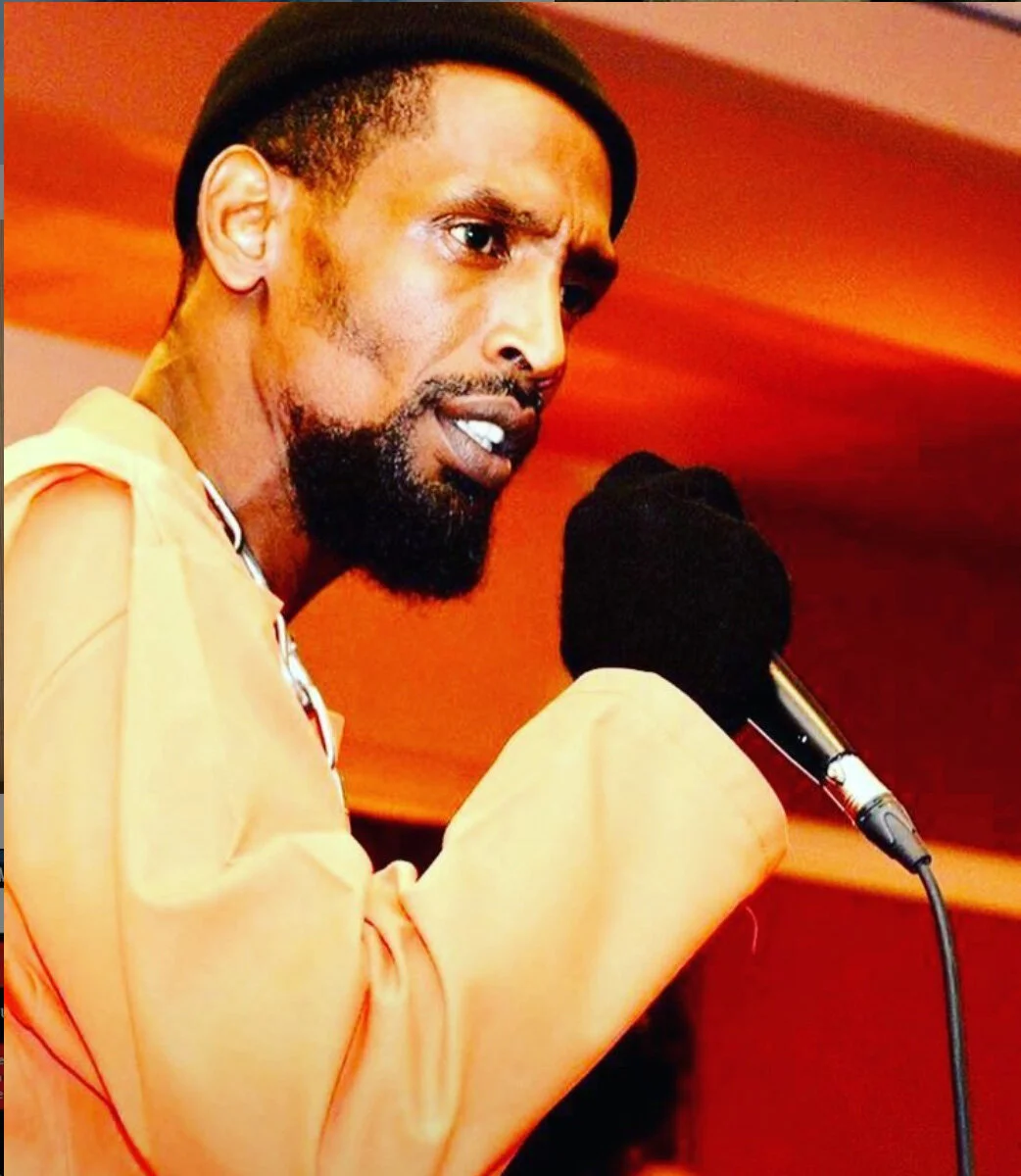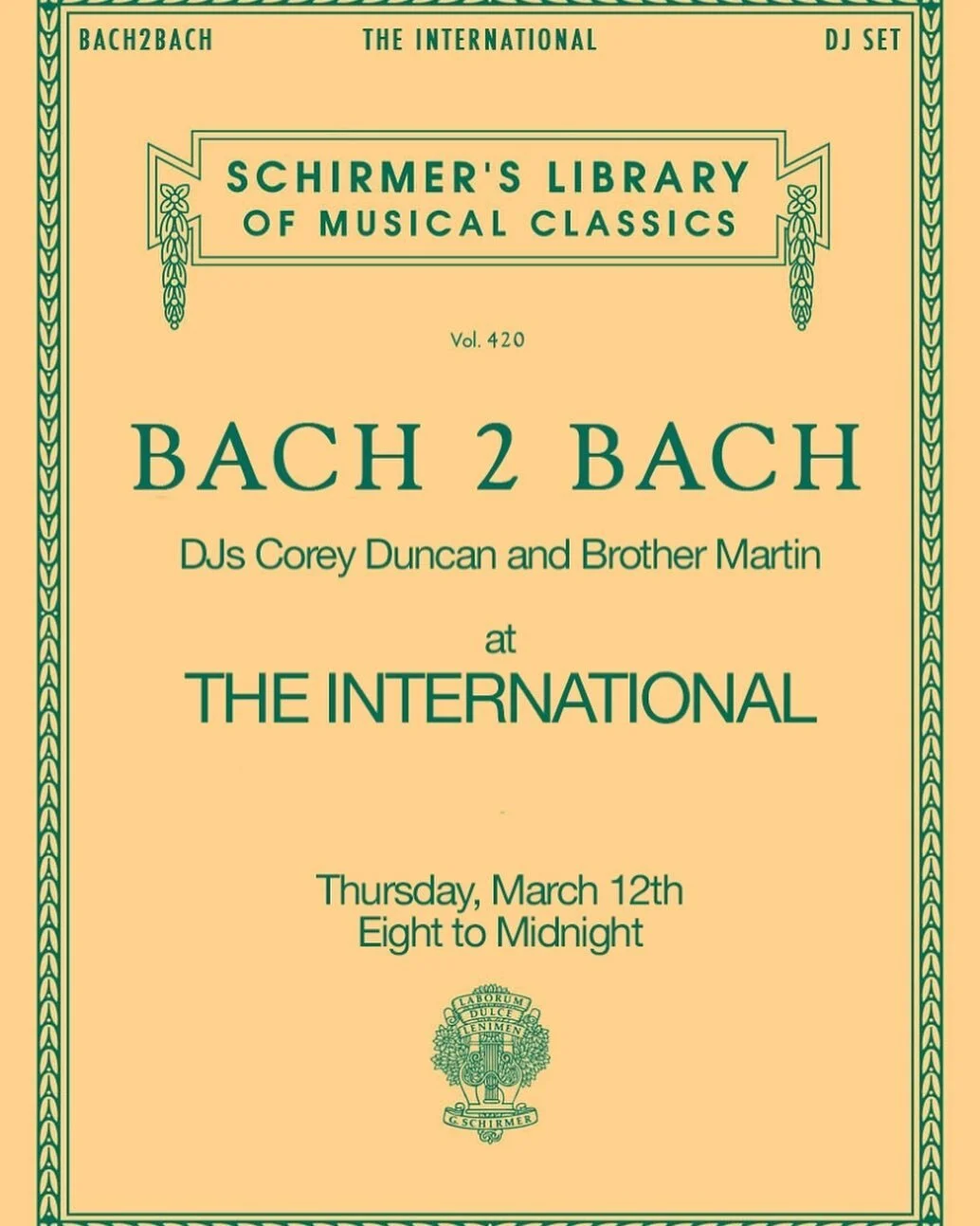Meet OG Law, The Omnipresent Philly Activist Who’s Also In Concrete Cowboy
*SPOILER ALERTS*
BY JASON PETERS | Michael Ta’Bon has gone from making $.19 an hour in the State’s prison system to preaching in front of protestors on the precipice of rioting to co-starring opposite Idris Elba in the #1 movie on Netflix.
Netflix’s Concrete Cowboy features a side of Philadelphia that most of America has never seen. For one of the the first times ever, a national audience is catching glimpses of North Philly via a fictionalization of the very real Fletcher Street Urban Riding Club, who’ve been putting young black men on the backs of horses for over 100 years.. . (If you’ve been paying close attention, you may have seen this bit in the TV series of This American Life some years back.)
The most notable Philly face in Concrete Cowboy might just be the primary antagonist of the film, “Jalen,” the man who orders the character “Smush” to be killed. Jalen is played by 46 year old West Philly native Michael Ta’Bon, better known as OG Law. Coincidentally, the lives of the young Philadelphians portrayed in Concrete Cowboy bear a true resemblance to the life of OG Law.
Life wasn't easy for young Law, “My mother and father both were blind,” he says. “My father was the blind guy that used to pay outside the Clothespin for 25 years — he taught me how to grind.”
Much like Cole and Smush, the main characters in Concrete Cowboy, OG Law struggled with the decision to be involved with the street life. Participation in criminal behavior ultimately landed Law in prison on more than one occasion, despite his hopes to one day go clean.
“I was trying to exit the game when I got caught, I was trying to open a barber shop,” not unlike Smush’s motivation to buy a ranch out West. OG Law explains that he was thinking, “Imma just do this last one to get me out, but it cost me years of my life.”
Upon his release, OG Law found new life as an activist and non-violence advocate in Philadelphia and throughout the country. When Nipsey Hustle died, OG Law organized, and went to Crenshaw; when Freddy Gray was murdered, OG Law “pulled up at North and Penn right in the middle of the riot.” And when Walter Wallace died, OG Law drove his “prison van” — his own, decorated to look like a mobile prison cell — to the police precinct on 55th and spoke on the behalf of the people.
Typically draped in a bright orange prison jumpsuit, driving his van, OG Law sees violence prevention and activism as his responsibility. When the 2020 election was in dismay and protestors were dancing outside the Convention Center demanding that the government “Count Every Vote,” OG Law was the DJ. In the midst of violence and riots in West Philly following the killing of Walter Wallace, he’s been a calming and rational presence. “There has never been violence near my van. I saved the City millions of dollars preventing a riot on 52nd and Chestnut that night,” he says.
Law hopes that his newfound success will help amplify his message and allow him to self-fund violence prevention methods. “If I get powerful enough as an actor, I can invest in the community,” he says. “I don’t have an issue using my money and putting it where my mouth is.”
Law has numerous critiques of the current system, from the City’s allocation of funds to the reactive nature of protest. “I won’t fill out (applications) for any grants from the city, because they keep giving money to inexperienced organizations who are scared to come to the hood. They never send money to the people that are begging to save lives. I ain’t gonna beg to help anymore.” OG Law has dubbed his work as “pro-activism because most activists are re-activists and that’s why we lose.”
Concrete Cowboy is far from OG Law’s first soiree in the arts: He was featured in the 2017 film The Cage as well as a documentary titled Fight Hate with Love. He’s written poetry, made art, dabbled in music, and one could argue that his prison van and prison jumpsuit are performance art unto themselves. Concrete Cowboy reflects the reality of modern Philadelphia as gun violence peaks. In the film, Smush, a young Black man is gunned down in front of a poppy store over petty beef; much like the many young Black men — and sometimes children — being killed over the same kinds of petty beef.
What OG Law does is an intersection between art and activism, and the more successful his art is, the more firepower he wields as an activist. He hopes to “be financially viable and popular enough to do something that works for my City and maybe even this nation.”






